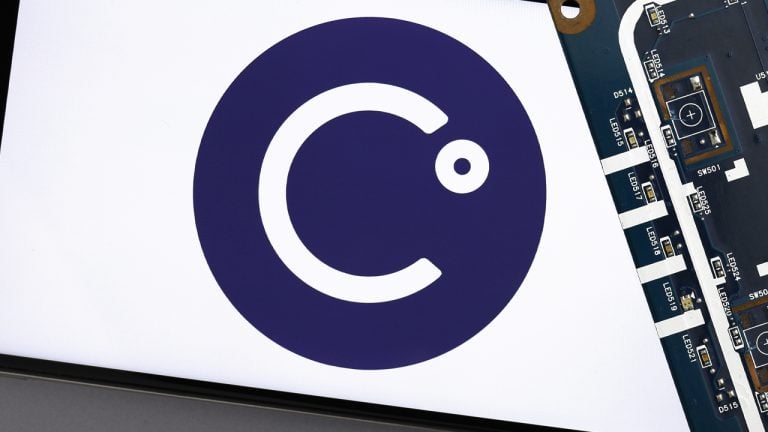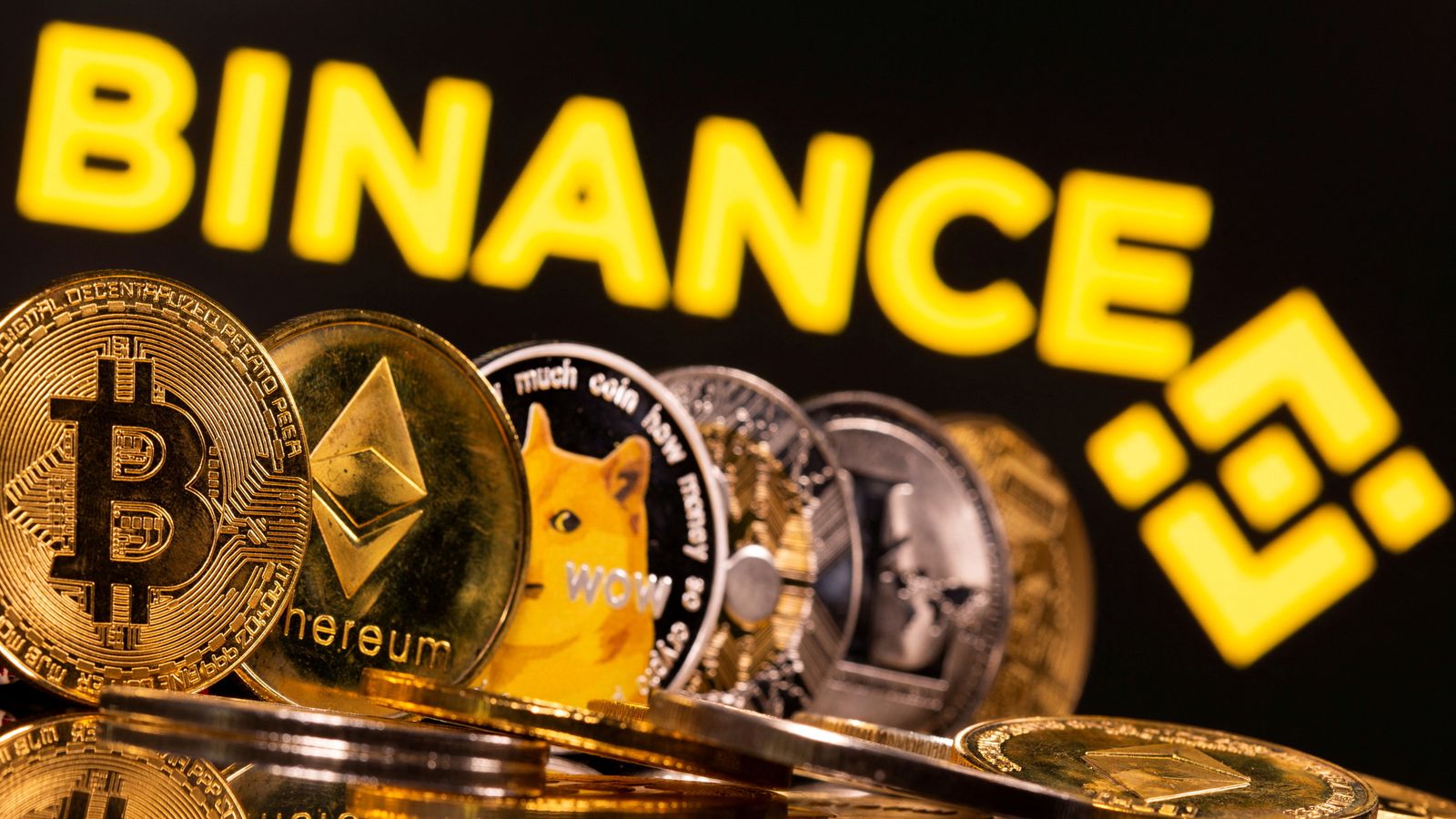
In the unfolding saga of the Celsius bankruptcy case, a proposal was presented to elevate the defunct crypto enterprise’s native token, CEL, to a valuation of $0.80 each. Yet, the overseeing U.S. bankruptcy judge, Martin Glenn, dismissed this proposal. Consequently, Celsius’s creditors are rallying to set the token’s worth at a more modest $0.25 apiece.
Judge Denies Several Motions in Celsius Bankruptcy Case
During the Celsius legal proceedings, creditors pushed for CEL’s valuation to reflect its pre-bankruptcy rate of $0.80. They contended that CEL’s worth had been artificially tampered with. Despite their fervent arguments, judge Glenn was unconvinced and shot down the motion, among several others.
The next chapter in this drama? Creditors are now preparing to vote on a revised valuation of $0.25 for each CEL. Whether judge Glenn gives this the nod remains a gripping question. As of today, CEL’s market performance stands at a modest $0.118 per token, experiencing a dip of over 3% against the U.S. dollar in the last day alone.
Its total market cap hovers around $50.4 million as of Saturday, August 26, 2023. The past month hasn’t been kind to CEL either, plummeting 25.9% against the U.S. dollar. This marks a staggering 98.5% fall from its zenith of $8 per token on June 04, 2021.
In another intriguing twist, a creditor invoked a recent XRP partial ruling, hoping judge Glenn would “recognize the legal precedent” from that case. But in a consistent fashion, the judge dismissed this motion as well, sidestepping the need to classify CEL as an unregistered security.
Glenn stated, “Nothing in the motions, this order, or announced at the hearing constitutes a finding under the federal securities laws as to whether crypto tokens or transactions involving crypto tokens are securities, and the right of the United States Securities and Exchange Commission and the Committee to challenge transactions involving crypto tokens on any basis is expressly reserved.”
What do you think about judge Glenn’s recent decisions in the Celsius case? Share your thoughts and opinions about this subject in the comments section below.








